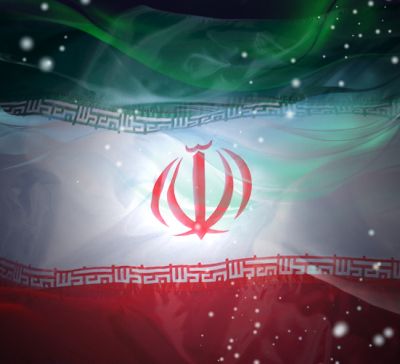Iran Begins Blocking Sites Using HTTPS Protocol

Reports suggest that Iran is clamping down on sites in the build-up to the 33rd anniversary of the Islamic Revolution
Iran has reportedly begun blocking sites using the HTTPS secure protocol, effectively censoring major bank sites, Google, Gmail, Facebook and many other commercial sites.
According to reports from Kabir News and The Washington Post, Internet providers in Iran began censoring the sites on Thursday, leaving behind a page which says: “According to computer crime regulations, access to this web site is denied”.
Kabir News states that the government will likely continue blocking access until Esfand, the next month in the Persian calendar, and the 33rd anniversary of the Islamic Revolution.
Iran’s ‘National Internet’
 A more sinister suggestion about the downtime is that it could signal the introduction of Iran’s ‘National Internet’.
A more sinister suggestion about the downtime is that it could signal the introduction of Iran’s ‘National Internet’.
“The government’s technology officials have announced the construction of a domestic Internet network comparable to an office intranet, which would block many popular sites,” wrote Thomas Erdbrink, The Washington Post’s correspondent in Iran.
“Officials stress that there will still be access to the Web — just not to the “damaging” sites. But Iranian Internet users and activists fear that the activation of the National Internet will cut them off from the rest of the world, and put them under increased surveillance by authorities,” he wrote
Censorship has long been an issue in the country, but for a long time savvy users have been using Virtual Private Networks (VPNs) to bypass barriers guarded by Iran’s cyberpolice. The Post is reporting that even these means have become unviable due to extremely low speeds.
Iran’s strict Internet controls have been a source of international outrage in the past. Last June, Anonymous hacked into the government’s servers and obtained over 10,000 emails. The country has also come under attack from the ‘Stars’ virus and it is believed that the Stuxnet worm, which targeted Iran’s nuclear centrifuges in 2010, is still a threat.